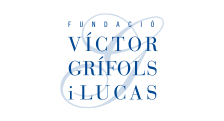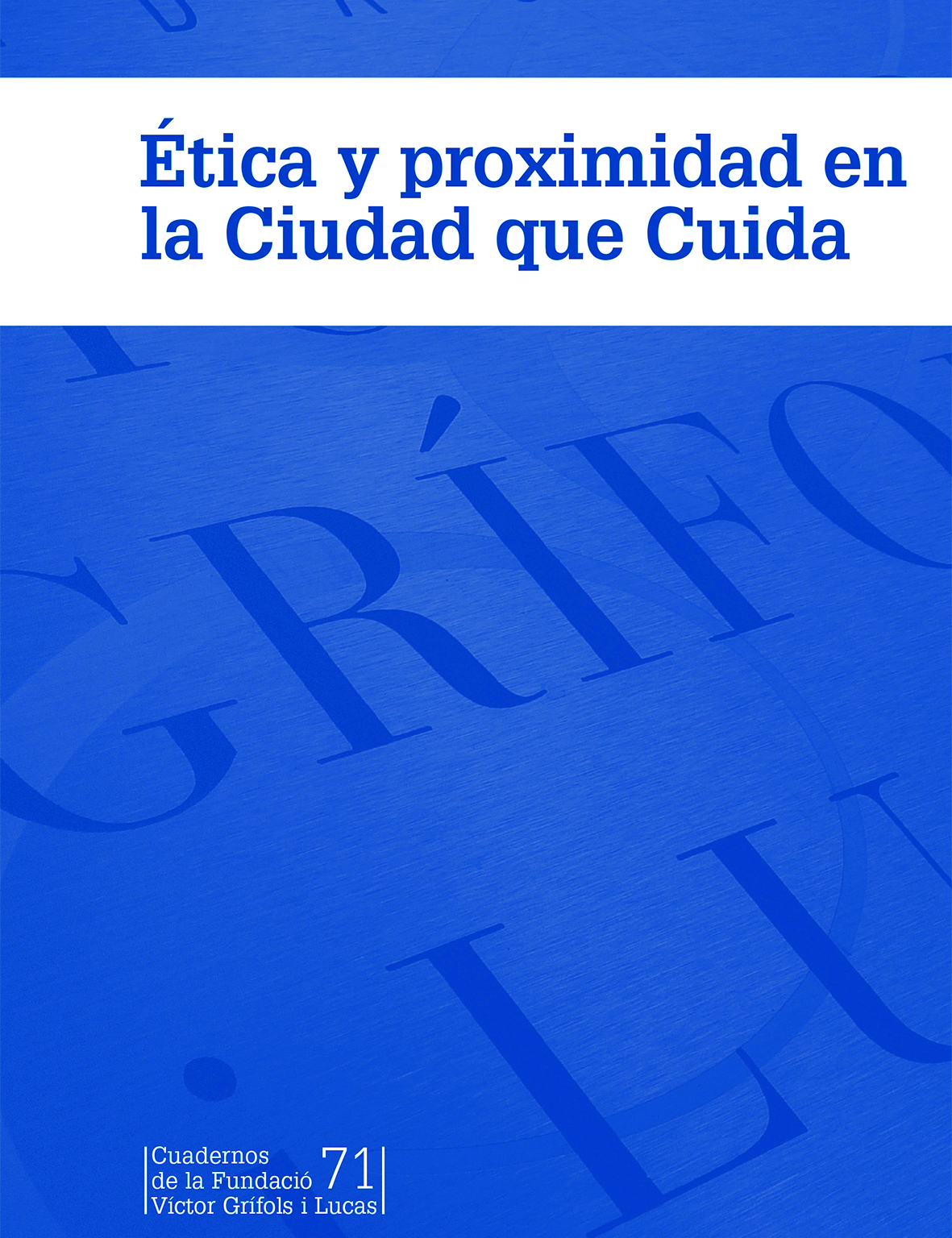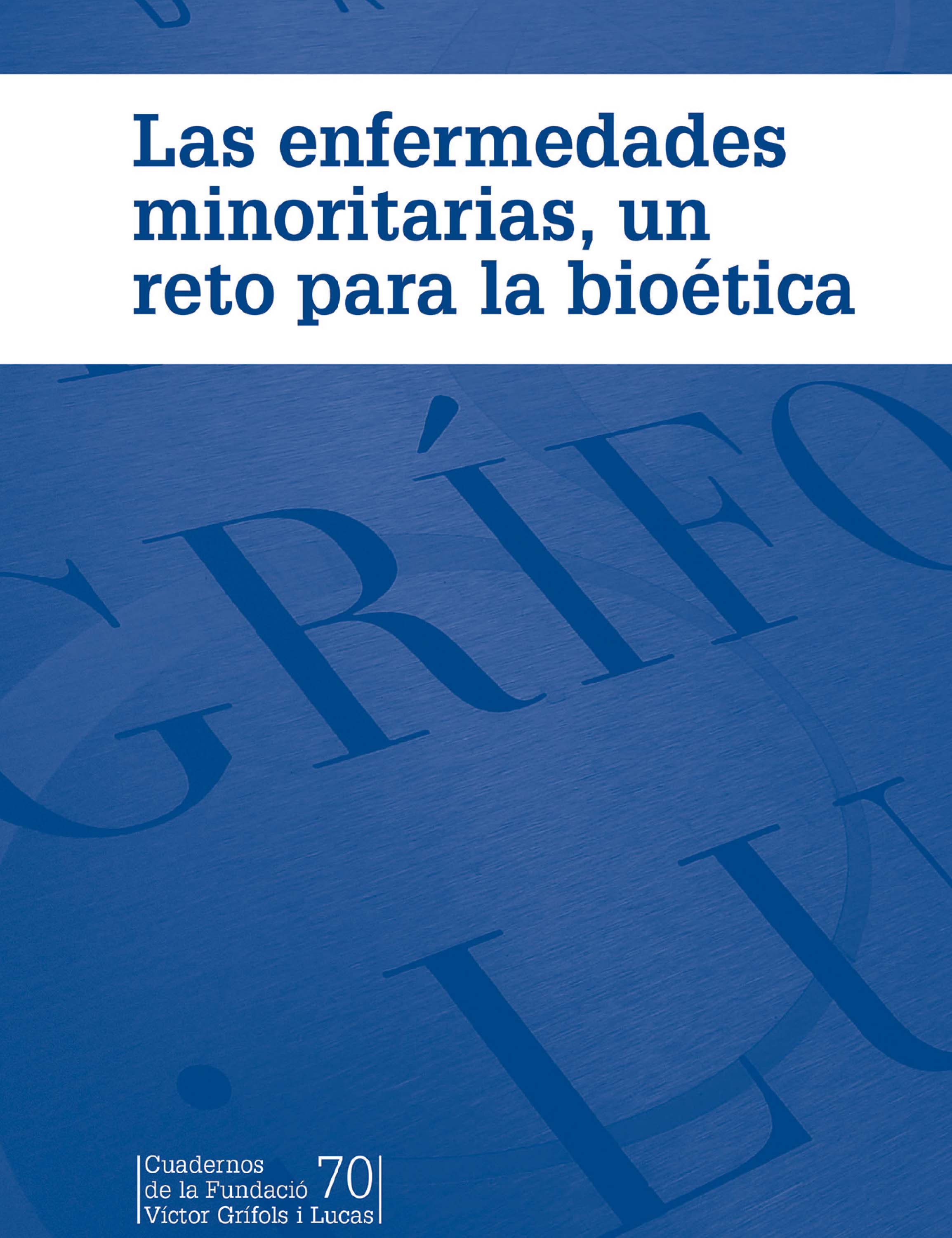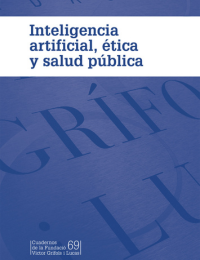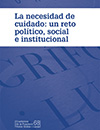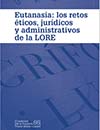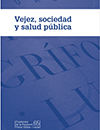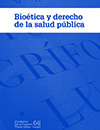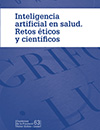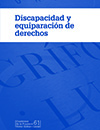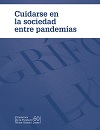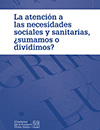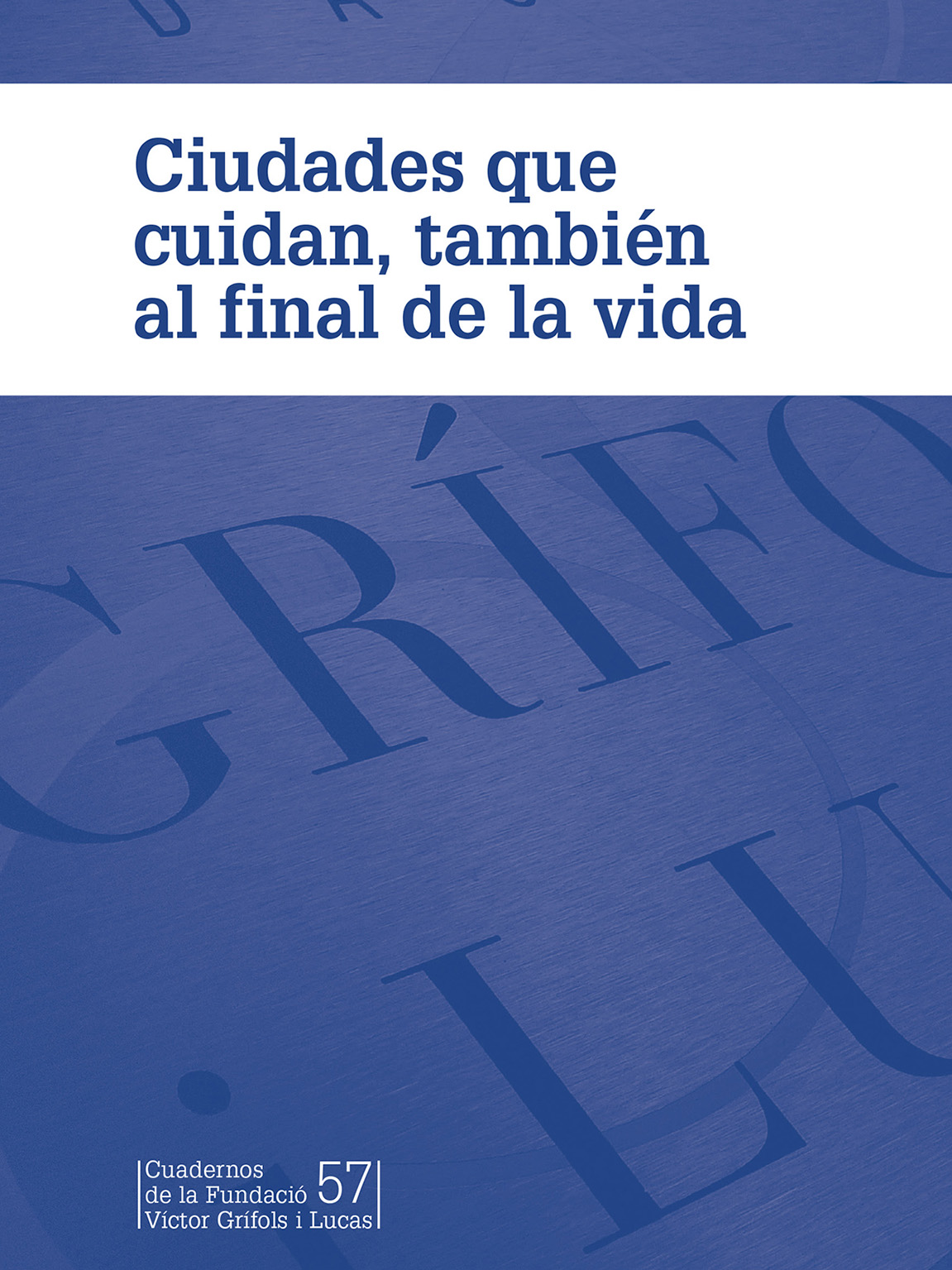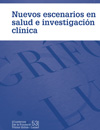72. Deliberación, ética y salud pública (Deliberation, Ethics, and Public Health)
Among bioethicists, deliberation has long been a subject of interest. While this approach has proven especially valuable in clinical ethics, its application in public health ethics should be even more relevant. Public health deals with populations, which requires actively listening to communities and encouraging their participation in decision-making.
However, deliberation in public health has been little explored, likely because it is rarely practiced. Deliberation is not easy. It is not merely about reaching agreements, negotiating particular interests, or allowing parties to express their views without truly being heard. Deliberation carries both an ethical and a political dimension—just like public health itself.
This monograph explores the potential and limitations of deliberation in public health, offering both historical and contemporary perspectives, and analyzing its role as a key tool for a citizenship-based ethics. It does so with the insights of leading experts in the field, including Diego Gracia, a prominent figure in this area.
71. Ética y proximidad en la ciudad que cuida (Ethics and proximity in the city that cares)
A city that takes care of its citizens must be open and safe, have public spaces and buildings that facilitate relationships between people and have mobility and housing adapted to the different needs of the life cycle. Incorporating care into municipal policies is a challenge for local governments.
Providing local services to meet the needs of citizens and easy and inclusive access to basic services is necessary to guarantee a minimum quality of life.
This encompasses supplies, equipment, job opportunities, the right to socialization and participation in community life. This issue is reflected on in this booklet, emphasizing local services, health and end-of-life processes. Without forgetting an ethical approach focused on caring for people. It is based on the project developed by the Mémora Foundation "The City that Cares", and the seminar carried out in collaboration between this entity, the Spanish Federation of Municipalities and the Víctor Grífols i Lucas Foundation.
70. Las enfermedades minoritarias, un reto para la bioética (Rare diseases: a great challenge for bioethics)
There are currently about 7,000 rare diseases described, affecting about 300 million people in the world. They are degenerative diseases, and in many cases lethal. They tend to have a long and complex therapeutic journey, starting with the difficulties of diagnosis. Therefore, when we speak, we must do so from the triad: sick person, family members and health professionals.
Relevant aspects such as early diagnosis,the day-to-day difficulties for the person and their environment, the importance of early diagnosis, genetic counselling, research with all its implications and the very high cost of drugs, put on the table a series of ethical questions that are dealt with in this book.
The publication is the result of a workshop organized with the collaboration of the Dr. Torrent-Farnell Foundation.
69. Inteligencia artificial, ética y salud pública (Artificial intelligence, ethics and public health)
Mass digitization, enabled by tools based on artificial intelligence (AI), has significantly increased the amount of data related to health and disease. This includes information about individuals, human societies, their geographical environments, and the factors that potentially protect, promote, or pose risks to both individual and collective health.
This publication examines the concerns and ethical issues arising from the use of artificial intelligence in public health, drawing on insights from experts in the field. Contributing authors include experts such as Andreu Segura, Àngel Puyol, Francisco Javier García, David Casacuberta, Enrique Bernal-Delgado, Jordi Vallverdú, Alicia de Manuel, Miguel Ángel Royo as well as others.
This monograph is published in conjunction with the Spanish Society of Public Health (SESPAS).
68. La necesidad de cuidado: un reto político, social e institucional (The need for care: political, social, and institutional challenges)
All of us will require care at some point in our lives. However, the concept of care within institutions and public administrations remains in its infancy. Instead, care continues to reside within a separate, private sphere, often invisible and undervalued in its importance.
This edition of Quaderns reflects on the need for care to transcend the private sphere and become a political imperative, fostering the development of a fairer, more compassionate society. Readers are invited to reflect on this topic with the help of experts Victoria Camps, Joan Tronto, David Palomera, and Carme Planas.
67. Plasma Donation and Altruism: Reviewing Concepts
In our cultural environment, little distinction has been made between blood and plasma donation, as they are both regarded as forms of solidarity action under the category of altruism. Frequently, there is a critical examination of models for acquiring and processing plasma, particularly for the production of blood products which entertain the idea of compensating donors.
Amidst the ongoing review at the European level of regulations introducing “compensation” for donors, this volume examines the topic from the perspective of administrators, patients, donors, blood bank managers, as well as industry representatives.
It also provides philosophical and ethical discussion on the subject while elucidating the present-day landscape of plasma donation in Europe. This is a matter of paramount importance as more solutions are needed to address the plasma shortage, notably as we work to promote self-sufficiency for plasma products within neighbouring countries.
66. Eutanasia: los retos éticos, jurídicos y administrativos de la LORE (Euthanasia: ethical, legal and administrative challenges under the LORE)
Two years after the introduction of Organic Law 3/2021 regulating euthanasia in Spain, this publication explores the ethical, legal and administrative challenges posed by its implementation. This publication reflects on the inherent difficulties of this law, examining the diverse regional contexts across the country and the challenges it poses for health professionals.
This monograph is the result of the seminar co-organized by the Víctor Grífols i Lucas Foundation and the Mémora Foundation, bringing together more than 40 experts in the field. Readers will find philosophical reflection, legal analysis, insights from various committees established to evaluate and review euthanasia, and first-hand experiences shared by various professionals who deal with requests for medical assistance in dying.
65. Vejez, sociedad y salud pública (Old age, society and public health)
The COVID-19 pandemic has had a profound impact on older people, particularly those residing in elderly care facilities. In addition, they have endured the adverse consequences of various measures implemented to prevent and control the spread of the virus.
This situation serves as a stimulus for profound reflection on the role of the aged in society, the values that encompass their existence, and the imperative to address the challenges arising from physical frailty, unwanted loneliness, and social exclusion.
This monograph is published in conjunction with the Spanish Society of Public Health (SESPAS).
64. Bioética y derecho de la salud pública (Bioethics and public health law)
This publication reflects upon the limitations to individual rights and the restrictions experienced during the epidemiological response to the pandemic. The discussion it offers ranges from an analysis of the legal framework sustaining such actions to the ethical questioning of these measures and their proportionality. It also examines the legal conflict between individual and collective rights and offers an analysis of the various criteria applied by health authorities.
Have we learned anything? Should the legal framework be changed to unify the ethical criteria for action in future situations? This book contains contributions from professionals and experts from various disciplines such as epidemiology, law and ethics as well as from the political sphere.
63. Inteligencia artificial en salud. Retos éticos y científicos (Artificial intelligence in health: ethical and scientific challenges)
Artificial Intelligence is already having an impact in society in general and in the health sphere in particular. However, while it brings undeniable technological benefits, it is also important to consider other aspects of the health sphere that are affected. How does it affect patient autonomy? Are diagnostic algorithms safe? Does it threaten confidentiality? Who is responsible for possible errors?
62. Soledad no deseada en la era digital (Unwanted loneliness in the digital era)
This monograph explores the use and application of technology to help mitigate involuntary solitude. Here, readers will find a good number of initiatives linked to the support of the elderly living alone, such as tools that make use of AI-based algorithms, social robotics, or applications for use in healthcare and social work.
Are they all valid and do they address the needs of these individuals? Are they respectful of the autonomy and privacy of the citizens they target? Are we responding with tools that are accessible to people often affected by the digital gap?
These are the issues discussed by the various contributors to this book, who examine the subject from the technological, philosophical, social, anthropological, and governmental standpoint. This volume has been produced as part of the “Ciudades que Cuidan” (Cities that Care) project, supported with the participation of Fundación Mémoria and the Fundación Víctor Grífols i Lucas.
61. Discapacidad y equiparación de derechos (Disability and equal rights)
The recent reform of Spanish legislation recognizes that people with disability have legal capacity on equal conditions with others, and obliges the state to take measures to provide the necessary support to make this effective.
This change entails moving from a care model in which decisions are primarily made by representatives to one based on respecting the wishes and preferences of the individual, who is responsible for taking their own decisions. The role of guardians in modifying the individual's capacity gives way to new forms of support, which may be voluntary or the result of a legal decision but are always based on recognizing the legal capacity of the person affected.
This change entails uncertainty and contradictions, in so far as it modifies people's rights, and it needs to be accompanied by a change in the way society views disability, which continues to be characterized by paternalism.
This publication offers a considered reflection on the current status of this change and the challenges it poses.
60. Cuidarse en la sociedad entre pandemias (Care in the pandemic society)
This publication includes ethical and public health reflections on the preventive recommendations that limited physical contact between people during the pandemic.
How have public health policies affected the idea of care? Care can be understood as the quality of interdependence between people, which is essential to the viability of human groups, whether these are prehistoric bands and clans or the most complex modern societies. This means that individuals assume certain risks, threats and uncertainties, including those associated with epidemics.
These risks and threats are worth preventing, avoiding or at least mitigating, so long as the undesirable effects of the preventive measures are acceptable. And this is why it is important to reflect on the potential negative consequences of isolation and quarantine, to question the assumed moral superiority of the value of health, and to explore the dilemmas that arise when making health interventions in situations such as homes for old people or others in a situation of dependency.
59. La atención a las necesidades sociales y sanitarias, ¿sumamos o dividimos? (59. Attending to social and health needs: working together or working against each other?)
58. Salud pública y COVID (Public Health and COVID)
No other pandemic has persuaded so many people to accept the imposition of preventive measures as drastic as those taken in response to Covid-19. These have included the suspension of some fundamental human rights, and far-reaching interference in the daily lives of individuals and organizations.
This publication looks at how Covid-19 has affected public health from three perspectives: citizens' participation; paternalism and freedom; and transparency and communication. It contains contributions from a number of professionals and was produced in coordination with the Spanish Society for Public Health and Health Administration (SESPAS).
57. Ciudades que cuidan, también al final de la vida (Cities that care, including at the end of life)
Ensuring that our cities are places where we care for the vulnerable is everyone's responsibility, and this is never more true than at the end of life. The requirement to attend to those who unwillingly find themselves alone requires us to make our cities friendlier and more welcoming, creating environments that can be inhabited by people of different ages and with different capacities. Published in Spanish.
56. La salud pública, el género y la ética (Public health, gender and ethics)
Most human societies continue to embody patriarchal attitudes and behaviours which lead to gender discrimination, both with regard to health protection and with respect to care practice and the design of health policies. This monograph addresses the issues from these three perspectives, drawing on the contributions of philosophers and health professionals with expertise in gender and health.
55. Soledad, envejecimiento y final de la vida (Loneliness, ageing and the end of life)
Increased life expectancy and low birth rates are leading to the rapid ageing of the population, along with a rise in chronic illness and high levels of dependency. Our society has an ethical duty to support settings designed to ensure that those who are alone can be accompanied during the end of life process, receiving appropriate care that respects their values and preferences.
54. Sexualidad y diversidad funcional (Sexuality and functional diversity)
Some people with disabilities or functional diversity have emotional, erotic and sexual needs that can only be satisfied with the help of specialist services (for example involving a sexual assistant). Families, guardians and institutions often do not provide this support because they do not recognize the person's sexuality or they do not approve of such services, for moral or political reasons. This monograph addresses this issue, taking as its starting point a document drawn up by Fundación Pere Mitjans.
53. Nuevos escenarios en salud e investigación clínica (New scenarios for health and clinical research)
What is the future of healthcare? How will healthcare and health management change? Ezekiel J. Emanuel identifies six healthcare trends that will dominate our healthcare systems over the coming decade. His perspective is complemented by the contributions of scientists and health professionals, who identify the challenges currently faced by biomedical research.
